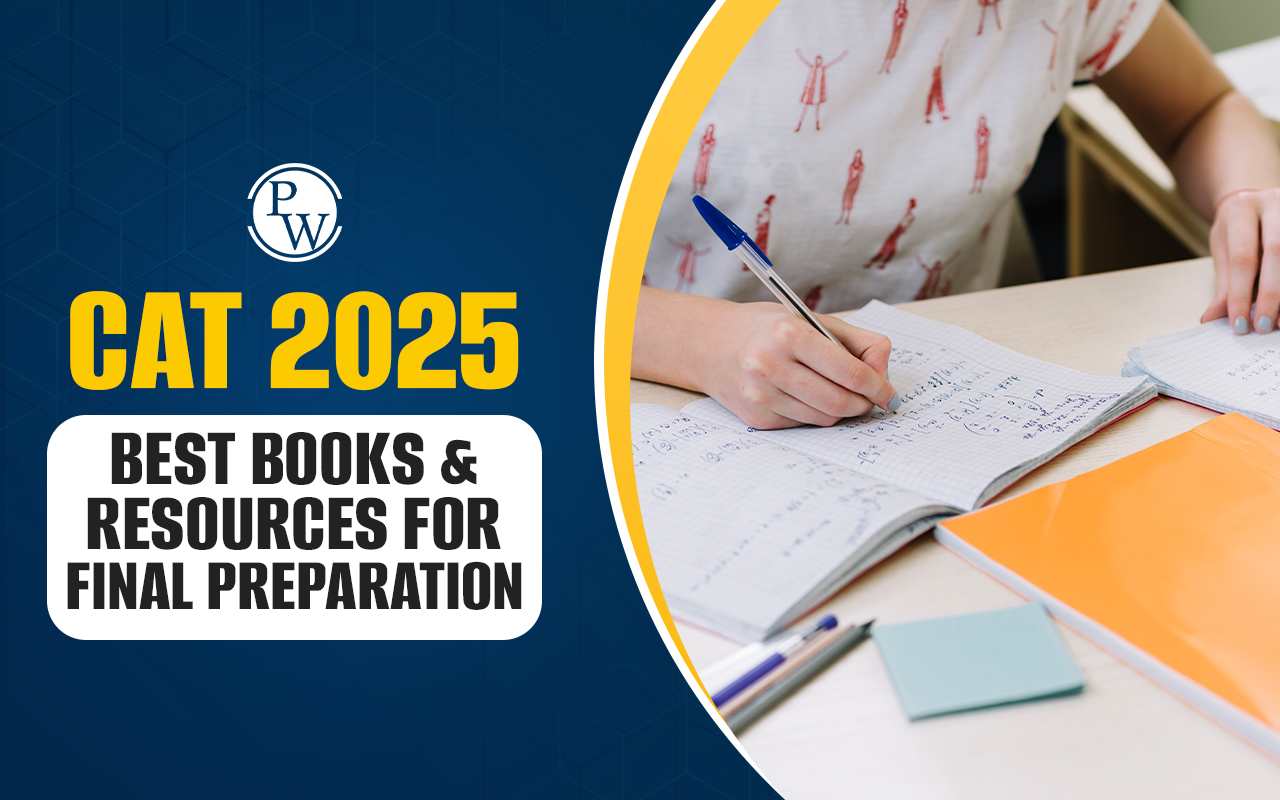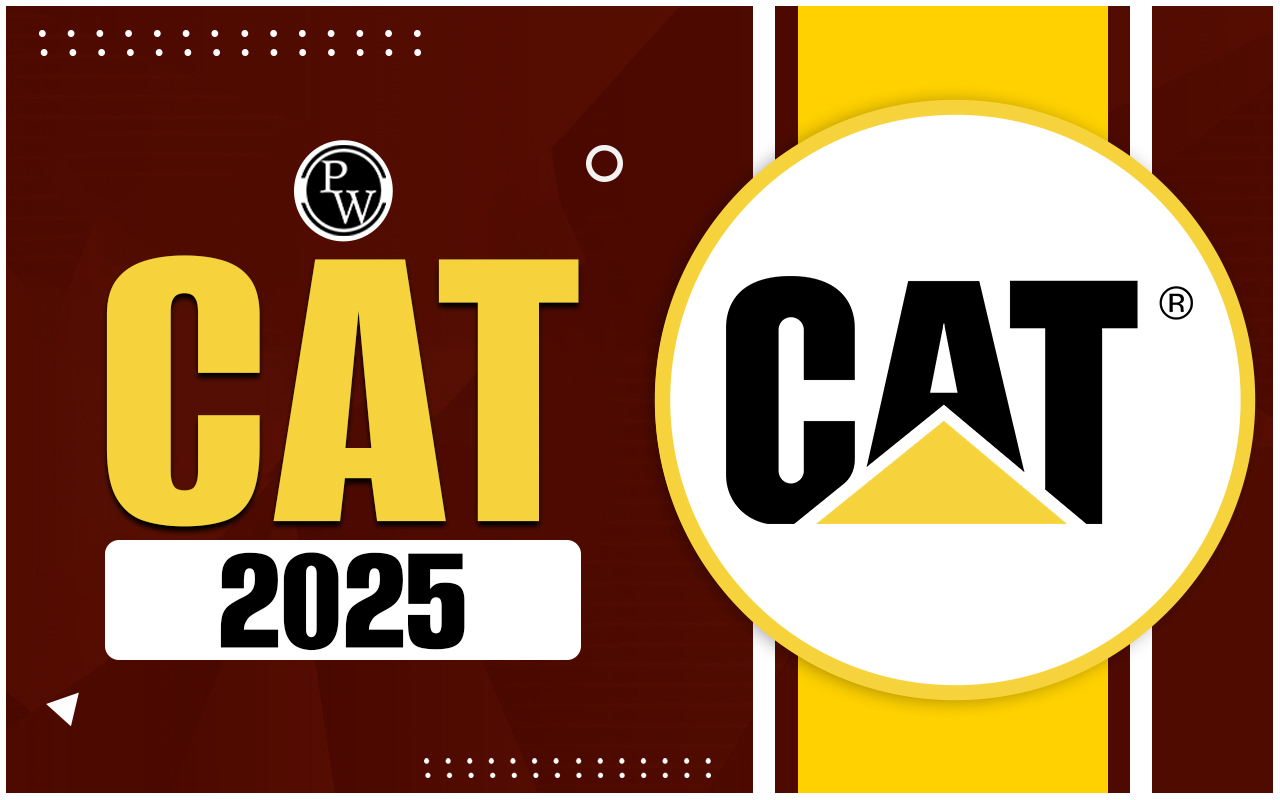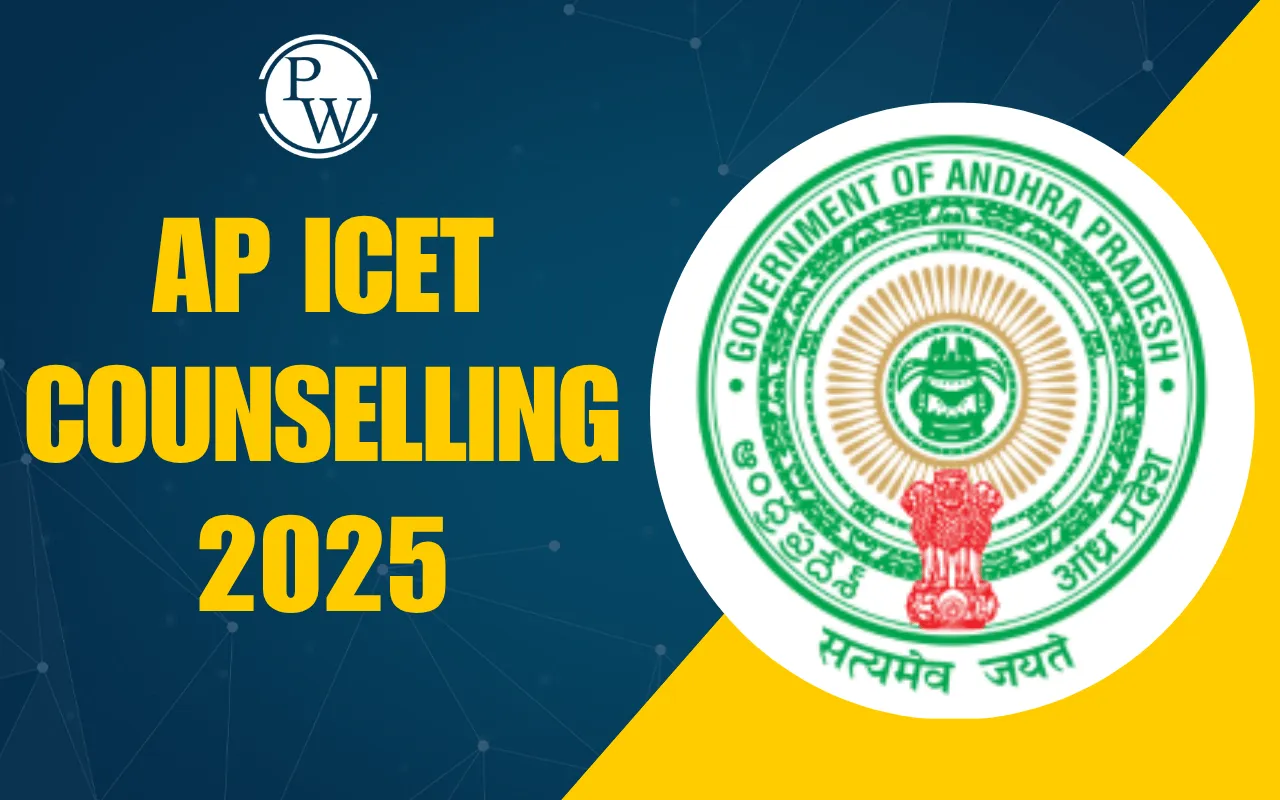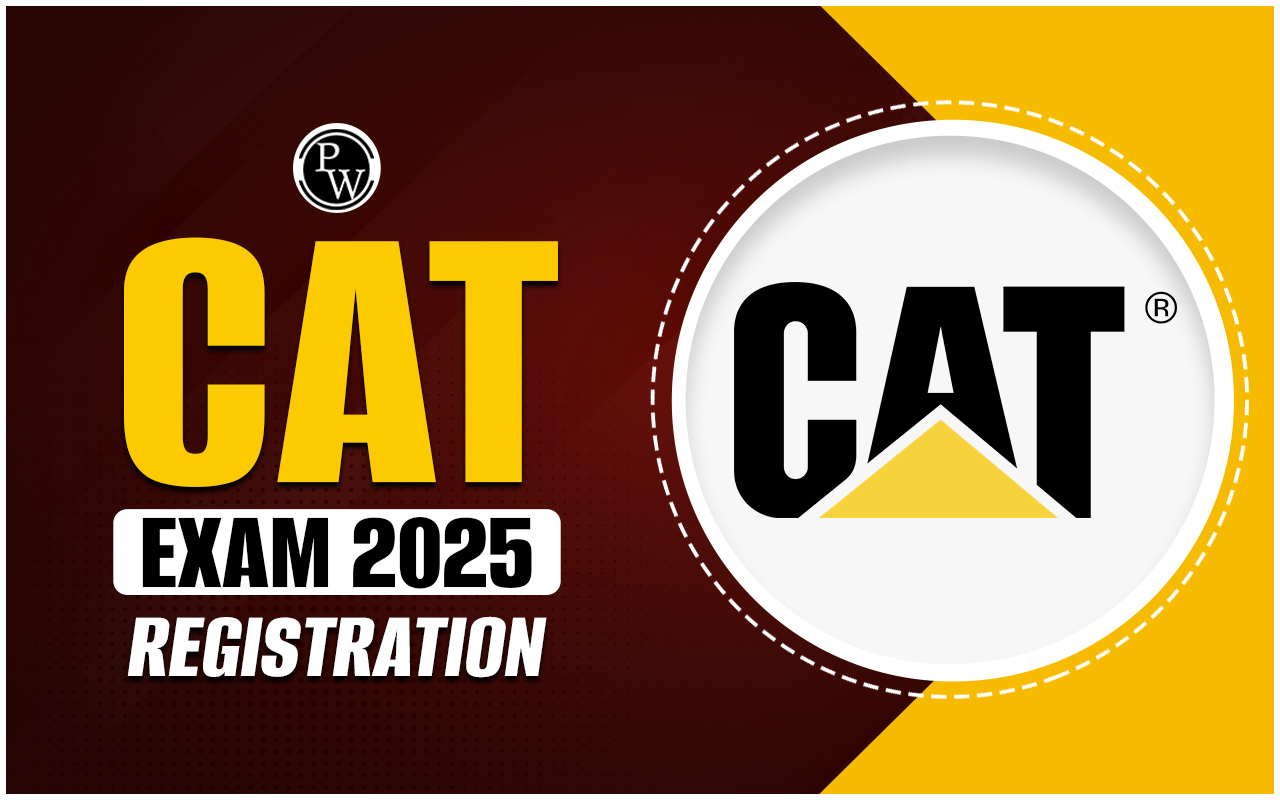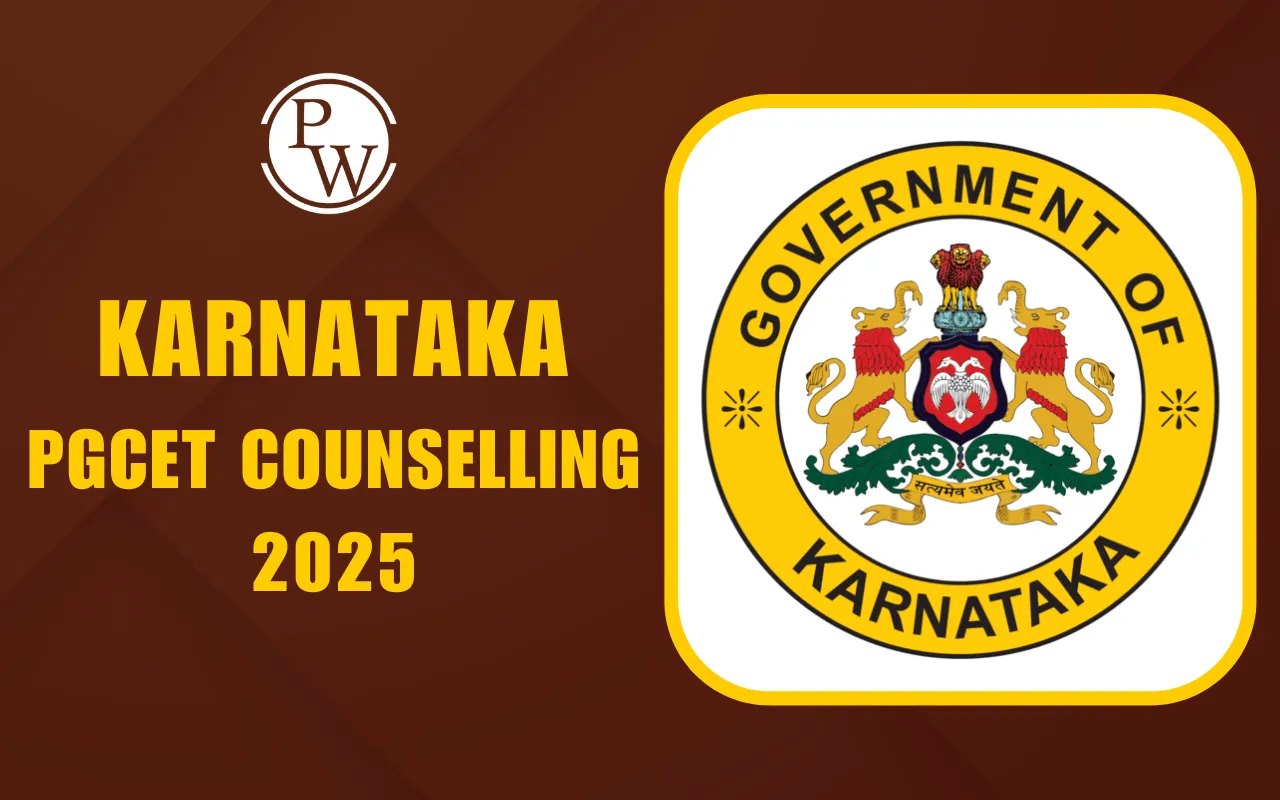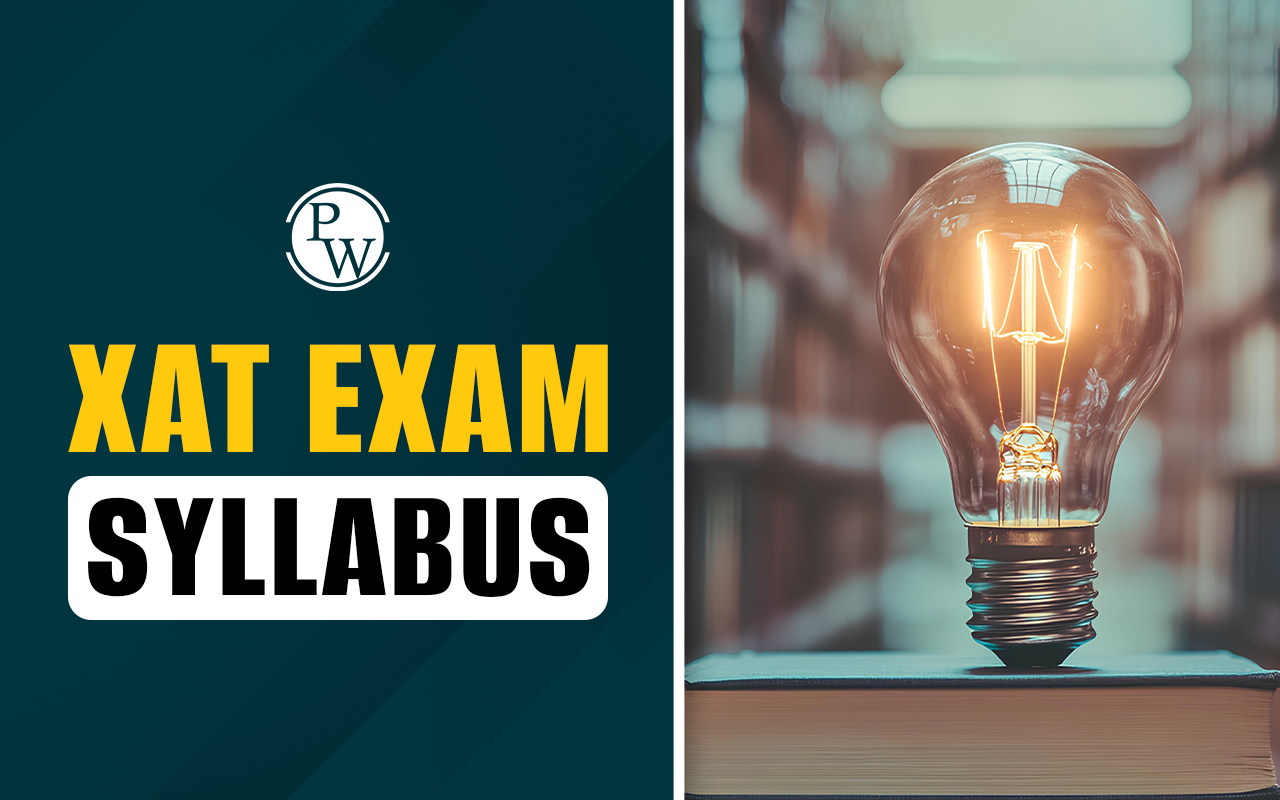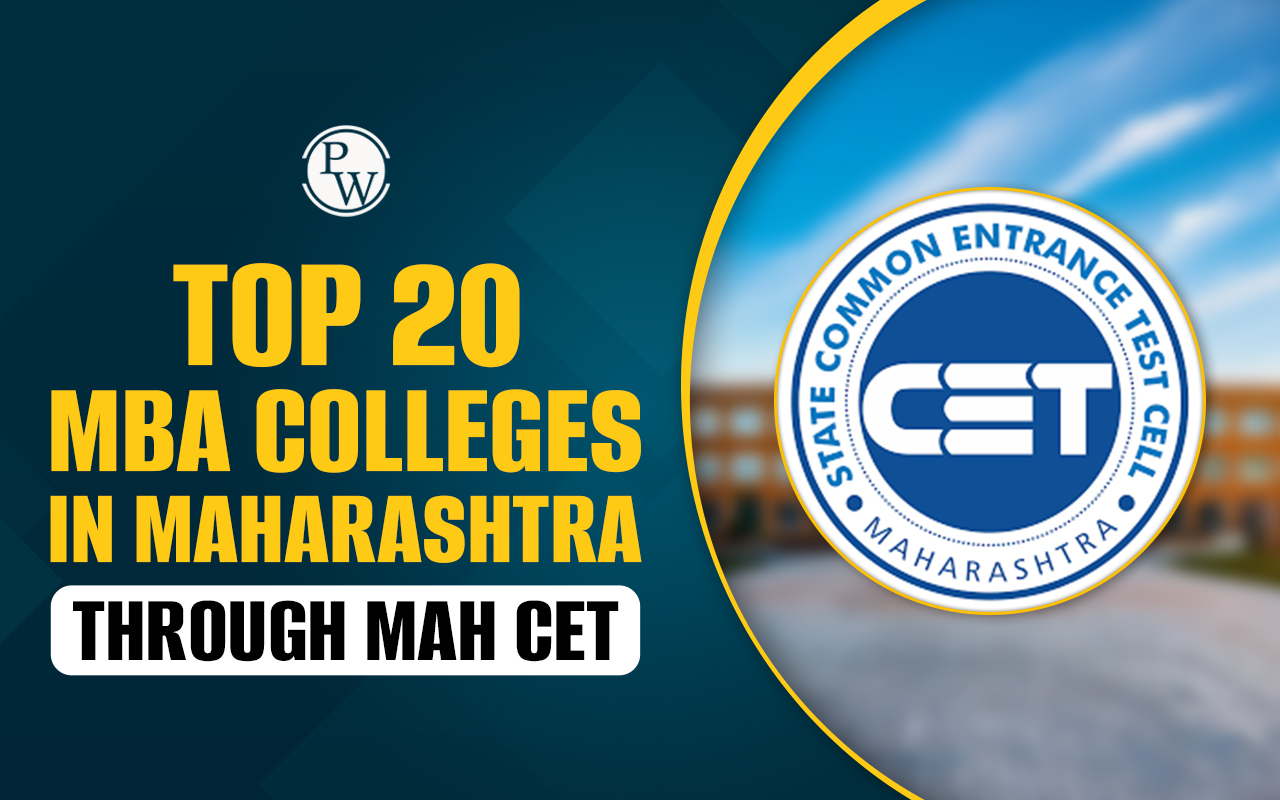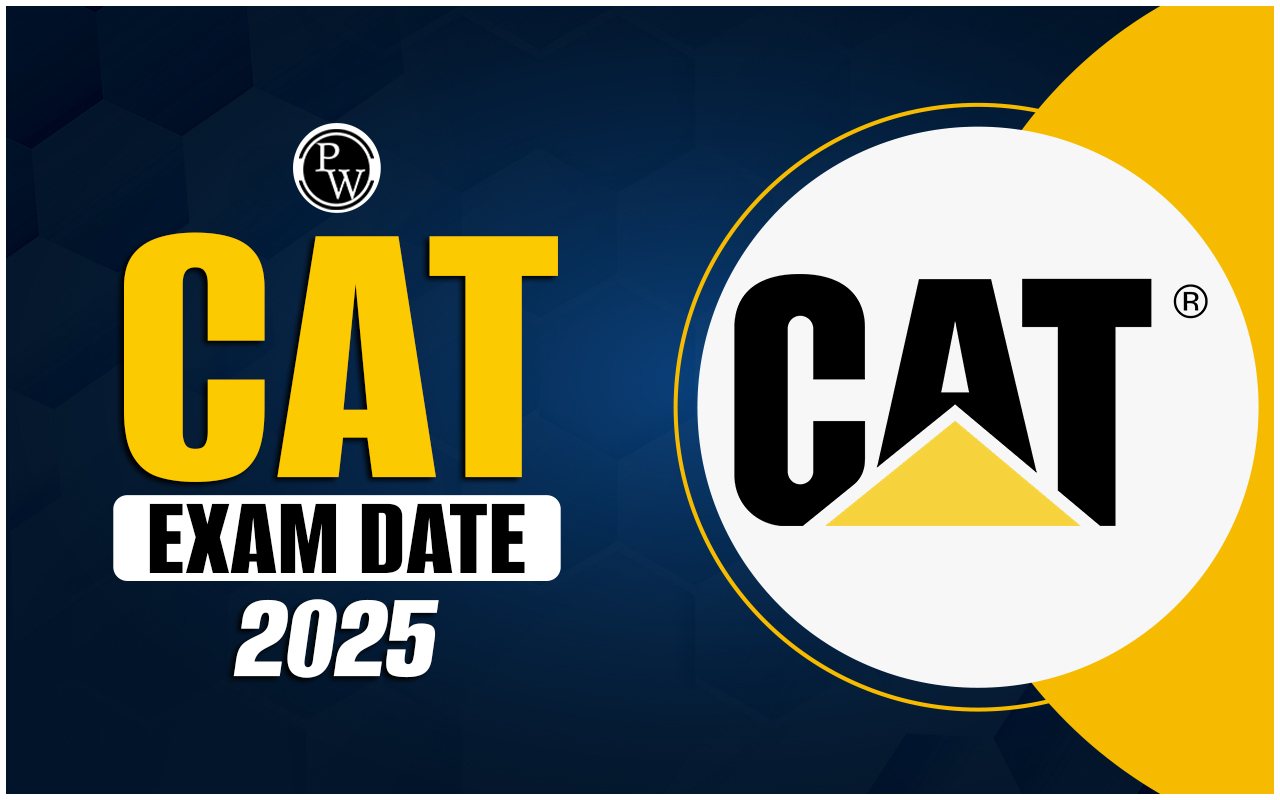
How to study for GMAT Reading Comprehension: Reading Comprehension is an important part of the GMAT exam that tests your ability to understand and analyze written passages. It makes up about half of the Verbal section score. To do well in GMAT Reading Comprehension, you need a focused study plan to build key skills like active reading, summarizing, and analyzing questions.
Here are some tips: pay attention to keywords and transitions to understand the author's logic and how ideas connect, summarize each paragraph and the whole passage to find the main point and purpose, take notes while reading to remember important information and avoid re-reading, understand the different question types and how to handle each one, and practice reading tough material to improve your basic reading skills over time.How to study for GMAT Reading Comprehension?
Reading Comprehension (RC) is one of the most critical components of the GMAT Verbal section, accounting for roughly 60% of the total questions. Performing well on RC is essential for achieving a high overall GMAT score, as it requires a unique set of skills that go beyond just reading ability.Understanding the GMAT Reading Comprehension Format
Before we get into the study strategies, it's important to understand the format and structure of the GMAT Reading Comprehension section:- Number of Questions: You can expect 9-16 RC questions on the GMAT.
- Passage Length: RC passages range from 200-400 words in length.
- Passage Topics: The passages cover a variety of academic subjects, including business, science, history, and social sciences.
- Question Types: RC questions can be categorized into three main types: "According to the passage" (testing specific details), inference questions, and main idea/purpose questions.
- Time Allocation: You should budget around 2-3 minutes per RC passage and 1-2 minutes per question.
Develop Active Reading Skills
One of the most important skills for GMAT Reading Comprehension is active reading. This means approaching the passages with full engagement and focus, rather than passively skimming through the text. Some tips for active reading include:- Read Carefully: Don't rush through the passages. Take the time to carefully read and understand each sentence.
- Identify Key Information: Pay close attention to topic sentences, transition words, and other cues that signal important ideas or relationships.
- Summarize as You Go: Pause periodically to mentally (or physically) summarize the main points of each paragraph. This will help you maintain focus and comprehension.
- Avoid Distractions: Ignore unfamiliar jargon or details that don't seem directly relevant to the main ideas.
Plan a Passage Comprehension Strategy
In addition to active reading, it's important to have a systematic approach for comprehending the RC passages. Here's a step-by-step strategy:- Read the Passage: Carefully read through the entire passage, taking notes or summarizing key points as you go.
- Identify the Main Idea: Determine the overall purpose, argument, or central theme of the passage. This will be crucial for answering main idea and inference questions.
- Understand the Structure: Analyze how the passage is organized and how the ideas/information are connected. Look for transitions, contrasts, and other structural cues.
- Note Important Details: Identify any key facts, data, or examples that support the main ideas. These may be relevant for "according to the passage" questions.
- Anticipate Questions: As you read, try to predict the types of questions that might be asked about the passage. This will help you focus your attention on the most relevant information.
Master the GMAT Reading Comprehension Question Types
GMAT Reading Comprehension questions can be categorized into three main types:- "According to the Passage": These questions test your ability to identify specific details, facts, or statements made in the passage.
- Inference: These questions ask you to draw logical conclusions or make inferences based on the information provided in the passage.
- Main Idea/Purpose: These questions assess your understanding of the overall purpose, argument, or central theme of the passage.
- Attention to Detail: Carefully read the passage to identify relevant facts and details.
- Logical Reasoning: Analyze the relationships between ideas and draw valid inferences.
- Holistic Understanding: Learn the overall purpose and structure of the passage.
Develop Effective Pacing and Time Management
Time management is crucial for the GMAT Reading Comprehension section. You'll need to balance the time spent reading the passages and answering the questions to ensure you can complete the entire section within the allotted 65 minutes.Here are some tips for effective pacing:- Allocate Time Wisely: Budget around 2-3 minutes per passage and 1-2 minutes per question.
- Read Efficiently: Avoid getting bogged down in unnecessary details or jargon. Focus on understanding the main ideas and key supporting details.
- Answer Strategically: Quickly eliminate obviously incorrect answer choices and focus on identifying the best answer based on the passage content.
- Mark and Return: If you're unsure of an answer, mark the question and come back to it later if you have time.
- Monitor Your Progress: Keep track of your time and adjust your pacing if necessary to ensure you can complete the entire section.
Expand Your GMAT Reading Comprehension Skills
In addition to the strategies specific to the GMAT, it's important to continuously work on improving your general reading comprehension abilities. Here are some tips:- Read Widely: Expose yourself to a variety of high-quality written materials, such as academic journals, newspapers, and magazines. This will help you become more comfortable with different writing styles and subject matter.
- Practice Summarizing: After reading a passage, try to summarize the main ideas and key supporting details in your own words. This will reinforce your comprehension skills.
- Analyze Structure: Pay attention to how the passages are organized, including the use of transitions, topic sentences, and other structural elements.
- Expand Vocabulary: Build your vocabulary by learning the meanings of new words, especially those commonly used in academic and professional contexts.
Practice Hard
Ultimately, the key to success in GMAT Reading Comprehension is consistent, deliberate practice. Here are some tips for effective practice:- Use Official GMAT Resources: Utilize the sample passages and questions provided by the GMAT exam creators to become familiar with the format and content.
- Time Your Practice: Simulate the actual test conditions by practicing with timed GMAT RC sections. This will help you develop the necessary pacing and time management skills.
- Review and Reflect: After each practice session, review your performance and identify areas for improvement. Reflect on the strategies that worked well and those that need more work.
- Seek Feedback: Consider working with a tutor or joining a GMAT study group to get feedback on your RC performance and receive guidance on how to improve.
- Continuously Assess Progress: Regularly assess your progress by taking full-length GMAT practice tests and analyzing your performance on the RC section.
- Success in GMAT Reading Comprehension comes from more than just reading skills; it requires a well-rounded set of abilities to quickly and accurately understand passages and answer questions. With the right attitude and a good study plan, you can master the GMAT Reading Comprehension section and move closer to achieving your target GMAT score.
How to study for GMAT Reading Comprehension FAQs
How should I start studying for GMAT Reading Comprehension?
Begin by understanding the test format and question types. Practice active reading by summarizing paragraphs and identifying key points. Regularly read challenging materials to improve your comprehension skills.
What are some effective strategies for reading the passages?
Pay attention to keywords and transitions to understand the author’s logic. Summarize each paragraph and the entire passage to identify the main point. Take notes while reading to avoid re-reading and maintain focus.
How can I improve my performance on different question types?
Learn to identify and approach the three main question types: "According to the passage" for details, inference questions for logical conclusions, and main idea/purpose questions for overall understanding. Practice each type regularly to build your skills.
How should I manage my time during the Reading Comprehension section?
Allocate around 2-3 minutes per passage and 1-2 minutes per question. Read efficiently, focusing on main ideas and key details. If unsure of an answer, mark the question and return to it later if you have time.
What are some additional tips for improving my reading comprehension skills?
Read a variety of high-quality materials like academic journals and newspapers. Practice summarizing passages in your own words and analyze their structure. Expand your vocabulary and regularly review new words.
🔥 Trending Blogs
Talk to a counsellorHave doubts? Our support team will be happy to assist you!

Check out these Related Articles
Free Learning Resources
PW Books
Notes (Class 10-12)
PW Study Materials
Notes (Class 6-9)
Ncert Solutions
Govt Exams
Class 6th to 12th Online Courses
Govt Job Exams Courses
UPSC Coaching
Defence Exam Coaching
Gate Exam Coaching
Other Exams
Know about Physics Wallah
Physics Wallah is an Indian edtech platform that provides accessible & comprehensive learning experiences to students from Class 6th to postgraduate level. We also provide extensive NCERT solutions, sample paper, NEET, JEE Mains, BITSAT previous year papers & more such resources to students. Physics Wallah also caters to over 3.5 million registered students and over 78 lakh+ Youtube subscribers with 4.8 rating on its app.
We Stand Out because
We provide students with intensive courses with India’s qualified & experienced faculties & mentors. PW strives to make the learning experience comprehensive and accessible for students of all sections of society. We believe in empowering every single student who couldn't dream of a good career in engineering and medical field earlier.
Our Key Focus Areas
Physics Wallah's main focus is to make the learning experience as economical as possible for all students. With our affordable courses like Lakshya, Udaan and Arjuna and many others, we have been able to provide a platform for lakhs of aspirants. From providing Chemistry, Maths, Physics formula to giving e-books of eminent authors like RD Sharma, RS Aggarwal and Lakhmir Singh, PW focuses on every single student's need for preparation.
What Makes Us Different
Physics Wallah strives to develop a comprehensive pedagogical structure for students, where they get a state-of-the-art learning experience with study material and resources. Apart from catering students preparing for JEE Mains and NEET, PW also provides study material for each state board like Uttar Pradesh, Bihar, and others
Copyright © 2025 Physicswallah Limited All rights reserved.
